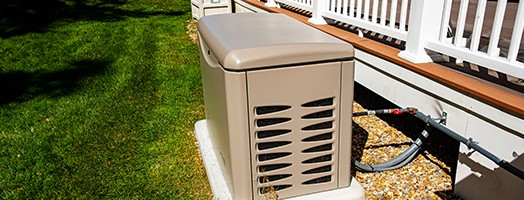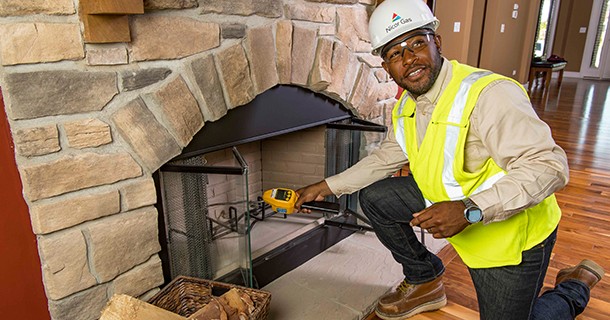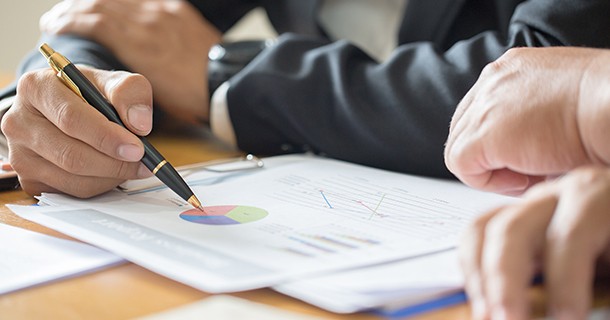For Immediate Assistance: Call our 24-hour Emergency Number 888.642.6748
Ensuring Safe and Reliable Natural Gas During Severe Weather
When severe weather threatens your community, Nicor Gas is here for you. Our system is built to handle extreme weather, even during certain power outages, so you can count on us all year long.
Here's what you need to know:
If your gas service was interrupted because of severe weather, restoration time depends on when water recedes in flooded areas and customers’ homes and businesses can safely be accessed by Nicor Gas personnel; appliances must be free of standing water and easily accessible by technicians.
24-hour emergency response line, 888.Nicor4U (642.6748)
No Power? No Problem.
When severe weather hits and you lose power for days or even weeks, many natural gas appliances like water heaters and ranges still work. For the best defense against power outages, we recommend a natural gas generator. Fueled continually by natural gas, most generators are fully automatic. Within seconds of an outage, the unit comes on, supplies power and switches off when power returns.
Before a Storm
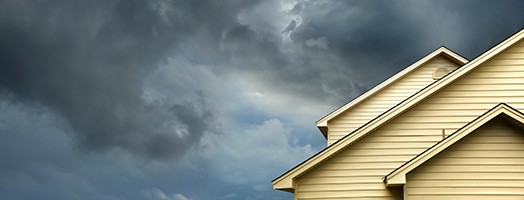
Losing natural gas service during severe weather and power outages is rare because pipe infrastructure is below ground. However, there are several safety precautions customers should take to keep you and your community safe.
Know the location of your natural gas meter.
Leave gas meters on in homes and businesses to maintain proper pipe pressure to prevent water from entering if flooding occurs. Most gas appliances have safety valves that shut off the flow of gas automatically if the pilot light goes out. Only Nicor Gas or emergency personnel should turn the valve off.
Unplug natural gas appliances to avoid possible electrical damage if severe lightning is predicted.
During and After a Storm
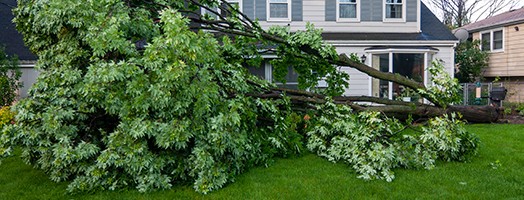
If flooding occurs at a residence or business and the gas appliances are or have been submerged under water, do not try to operate the appliances.
Contact 811 before digging if any clean up and repair are necessary. This also includes removing downed trees as they can become entangled with natural gas lines.
The gas meter must be visible and the area surrounding the meter free of trash and debris. Mechanical equipment used after the storm to clean up a location may damage an unseen meter.
Damage to natural gas meters or exposed gas lines are dangerous. Immediately leave the area and call our 24-hour emergency response number at 888.642.6748.
If your gas service was interrupted as a result of a severe storm, restoration time depends on when water recedes in flooded areas, homes and businesses are free of standing water, and when Nicor Gas personnel can safely enter.
Gas Meter and Vent Safety
If a natural gas meter is damaged or underground gas lines are exposed, immediately leave the area and call 911 or our 24-hour emergency response number, 888.Nicor4U (642.6748), from a safe location.
Meter Location and Visibility
- Know where your natural gas meter is located. Ensure it is always visible and accessible.
- Following a weather emergency, ensure the gas meter is visible and the area surrounding the meter is free of trash and debris. Mechanical equipment used after the storm to clean up a location may damage the meter if it is hidden.
Snow Removal and Maintenance
- If you have a high-efficiency furnace, power-vented water heater or other natural gas appliances that vent out the side of your home, remember to keep the vent pipe clear of ice and snow.
- Exercise caution removing snow or ice from your natural gas vent or meter assembly. Use your hands or a broom, not a shovel, to brush away snow or ice from your meter and regulator. Shovels and other tools can damage the equipment.
- Never kick or hit your gas meter or its piping with a hammer or any hard object to break away built-up snow or ice.
- Remove hanging icicles to prevent dripping water from refreezing on your meter or vent.
- Never shovel snow up against your meter or vent or let excessive snow cover it.
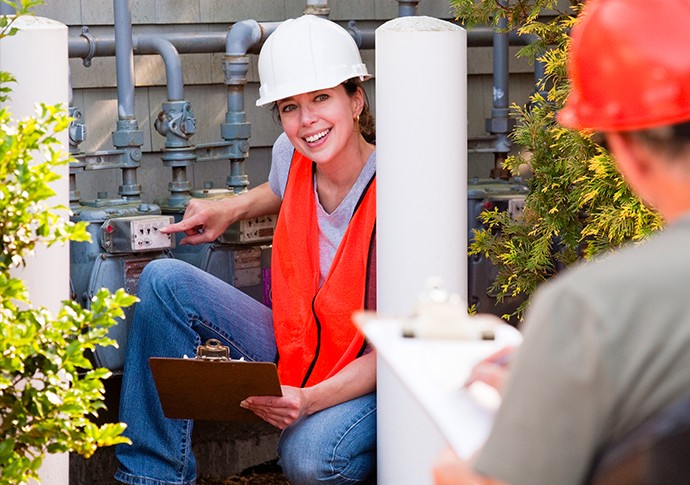
Safety tips for your home appliances
It's important to maintain gas appliances. During colder weather, it's essential to use heating appliances wisely and safely. Here are some key tips to keep in mind:
Use and Maintenance
- Never use natural gas appliances, such as ovens or the burners on a stove, to heat your homes or businesses. This can be dangerous and is not their intended use.
- Have your heating system, water heater, and any other natural gas appliances checked and serviced yearly by a qualified licensed professional to ensure they are operating safely.
Safety Protocols
- Do not use any defective natural gas appliance until it has been inspected, serviced and determined to be safe by a qualified plumber or heating, ventilation and air conditioning (HVAC) professional.
Emergency Procedures
- If you smell natural gas or suspect carbon monoxide is present in your home or business, immediately leave the area and call 911 or our emergency number, 888.Nicor4U (642.6748), from a safe location.
- Seek medical attention immediately if anyone in your home or business experiences possible symptoms of carbon monoxide poisoning, such as headache, dizziness, fatigue, nausea and vomiting.
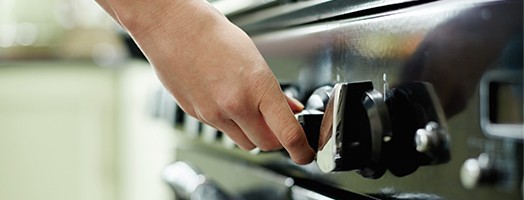
Winter weather and hurricane season heighten the risk of power outages. A natural gas standby generator is the safest backup power source, automatically operating and capable of running indefinitely, unlike gasoline-powered portable generators. Tips for safe generator operation:
Purchase and Installation
- Have your standby generator installed by a qualified contractor to ensure all building codes are followed. To locate a contractor, use our Find A Contractor tool.
- Work with your contractor or dealer to size the standby generator correctly to avoid overloads or inadequate power supply. Most dealers have online calculators on their websites.
- Read through the owner’s manual to be familiar with your product’s warnings and directions.
Safe Setting
- Generators should run only outdoors in an area with plenty of ventilation, away from windows, doors and vents, never inside a home or garage.
Use and Maintenance
- Stationary standby generators have weatherproof housing to operate safely outdoors, while portable generators can pose risks of electric shock or fire, especially when operated in wet conditions.
- Keep children and pets away from generators.
- Make sure your hands are dry before touching a generator and NEVER try to power the house wiring by plugging a portable generator into a wall outlet, a practice known as “backfeeding.”
